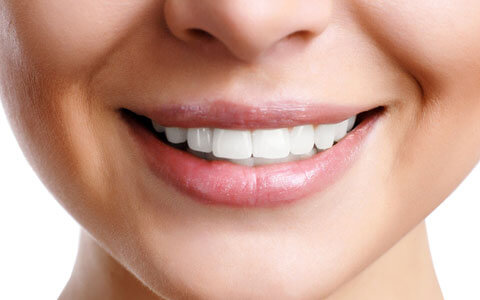Dental Terms
Hyperdontia: Understanding Extra Teeth Kitchener, Cambridge and Guelph
Hyperdontia is a dental condition characterized by the presence of extra teeth, also known as supernumerary teeth, in the mouth. These additional teeth can emerge in both the primary (baby) teeth and permanent (adult) teeth. While the exact cause of hyperdontia is not fully understood, it is believed to be influenced by genetic factors and environmental factors, including syndromes and certain medical conditions.
Types of Hyperdontia
Supernumerary teeth can appear in different locations and forms:
- Mesiodens: The most common type of supernumerary tooth, located between the two upper front teeth (central incisors).
- Distomolars: Extra teeth that appear behind the molars, usually in the back of the mouth.
- Paramolars: Extra teeth located next to the molars.
- Supplementary teeth: Extra teeth that resemble regular teeth, appearing alongside the natural ones.
Causes of Hyperdontia
Hyperdontia may result from genetic mutations, but it can also be associated with certain conditions, such as:
- Gardner's syndrome: A genetic disorder that causes multiple tumors and the growth of supernumerary teeth.
- Cleft lip and palate: Extra teeth may appear in patients with these congenital conditions.
- Crouzon syndrome: A genetic disorder that causes the premature fusion of skull bones, leading to facial and dental anomalies.
Symptoms and Diagnosis
The primary symptom of hyperdontia is the presence of extra teeth, which may cause a range of issues:
- Misalignment of adjacent teeth.
- Difficulty in chewing or biting.
- Impacted teeth or delayed eruption of permanent teeth.
A dentist can identify hyperdontia through a physical examination and dental X-rays. In some cases, the extra teeth may not be immediately visible but can be discovered during routine dental check-ups.
Treatment and Management
Treatment for hyperdontia depends on the number, location, and impact of the extra teeth:
- Extraction: If the extra teeth cause discomfort, misalignment, or interfere with normal dental development, they may be removed.
- Orthodontic treatment: If the supernumerary teeth affect the alignment of other teeth, braces or other orthodontic devices may be necessary to correct the position of the remaining teeth.
- Observation: In cases where the extra teeth do not cause issues, regular monitoring may be all that is required.
Conclusion
Hyperdontia is a rare but manageable condition. If you suspect that you or your child has extra teeth or if you have any concerns about your dental health, contact Solar Dental at 519-893-2790 for an evaluation. our doctors and our team can provide the appropriate diagnosis and treatment. You can visit us at the centre of the city in Kitchener, Cambridge and Guelph, ON for personalized care and consultation.
Contact us at Solar Dental for any questions or to schedule an appointment. Call 519-893-2790 or visit us at the centre of the city, Kitchener, Cambridge and Guelph, ON.
